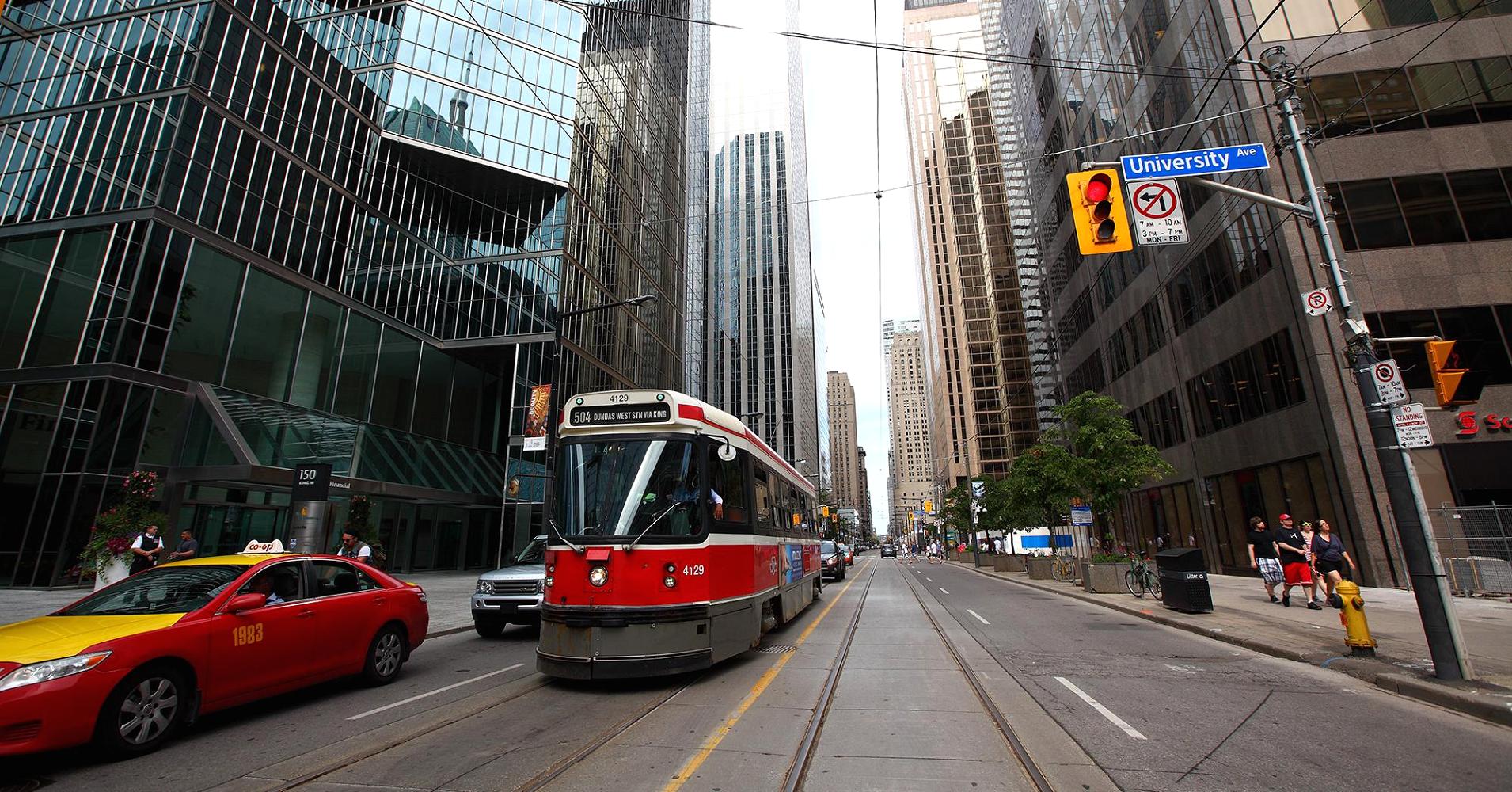
Category: finance



Bitcoin Fair Value Calculation
In an April 2014 article, I demonstrated how one might approach a fair Bitcoin valuation.
- Original Methodology: What fraction of the daily float
needed to support daily global commerce will Bitcoin capture?
My methodology was based on the demand that Bitcoin would generate if it displaced a small fraction of cash and credit used for retail and commercial payments around the world. At the time, Bitcoin had a value of USD $450. I estimated that if it captured 5% of global payments, it would have a fair value of about $10,000/BTC (I didn’t complete the calculation—I left that up to the reader. That’s because I was concerned that publishing such a prediction would cause me to lose credibility as an economist and blogger. For what it is worth, I also predicted that a rise to $10,000 would take 5~8 years.
As you might imagine, my friends and family urged me to unload my BTC investment. The April 2014 price of $450/BTC seemed very high to most armchair analysts. After all, thirteen months earlier, it had been just $45.
Yet, now, just 2½ years later, Bitcoin has reached $18,000 per coin. Last week, on Dec 7, 2017, it climbed 40% in just 40 hours, and 120% in less than 2 months. Naturally, this leaves everyone asking if Bitcoin’s rapid rise in value represents an investment “bubble”.
…And so it is time to update the calculation of a fair value for Bitcoin. I can’t do better than point to a terrific prediction model described by Divyanth Jayaraj. His answer to a question at Quora presents a sound basis for valuation—much better than my original valuation method. How so?…
- Reserve Methodology: What fraction of int’l business will be
settled with the transfer of Bitcoin instead of Gold or Dollars?

Bitcoin is rapidly demonstrating viability as a reserve rather than a daily transaction currency. Few people believe that Bitcoin will replace national currencies throughout the world, but it very well may replace gold for government and interbank settlement, and for large intercontinental purchases of commodities, such as oil, grain or airplanes.
Sure! When developers and miners get a handle on transaction cost and delays, it may also become a de facto instrument for retail payments and debt settlement even among consumers. But, even if Bitcoin never achieves this status, Divyanth’s excellent analysis is still valid.
I won’t steal the author’s thunder. Click the link and learn what is very likely to be a fair future value for Bitcoin. Prepare to digest a very large number. I didn’t think of this valuation methodology, but I agree that it represents a realistic peek into the future.
For a few other methods of determining Bitcoin’s inherent value, check out the links at the bottom of my original article. But that was then and this is now. Give extra weight to this newer analysis. The methodology is more accurate given what we know now.
Philip Raymond co-chairs CRYPSA, publishes A Wild Duck and hosts the Bitcoin Event. He was keynote at Cryptocurrency Expo in Dubai. Click Here to inquire about a presentation or consulting engagement.

Insurance Companies Are Now Offering Discounts if Your Let Your Tesla Drive Itself
While accidents have happened, one of the most appealing things about autonomous vehicles is their capacity to make our roads a safer place. Now, insurance companies are starting to offer financial incentives to promote adoption.
Britain’s largest automobile insurance company, Direct Line, has announced a 5 percent discount for customers who activate Autopilot functionality in their Tesla. It follows in the footsteps of Root, a startup that offers a similar promotion across nine states in the US.

Companies with strong ESG credentials make better investments — By Aliya Ram | Financial Times
“ “What we can say now is that the impact [of ESG issues] on risk, volatility and valuation is clearly statistically significant.” ”

Canada tests ‘basic income’ effect on poverty amid lost jobs
Ontario intends to provide a basic income to 4,000 people in three different communities as part of an experiment that seeks to evaluate whether providing more money to people on public assistance or low incomes will make a significant material difference in their lives. How people like Button respond over the next three years is being closely watched by social scientists, economists and policymakers in Canada and around the world.
Former security guard Tim Button considers how a sudden increase in his income from an unusual social experiment has changed his life in this Canadian industrial city along the shore of Lake Ontario.
Sipping coffee in a Tim Horton’s doughnut shop, Button says he has been unable to work because of a fall from a roof, and the financial boost from Ontario Province’s new “basic income” program has enabled him to make plans to visit distant family for Christmas for the first time in years. It has also prompted him to eat healthier, schedule a long-postponed trip to the dentist and mull taking a course to help him get back to work.
“It’s making a huge difference for me,” Button said of the almost 60 percent increase in monthly benefits he started receiving in October from the Ontario government.

The outdated practice of Quarterly Earnings Guidance — By Sakis Kotsantonis | LinkedIn
“We found that guidance policy had no effect on valuation whatsoever. As for the claim that it reduces volatility, we found that the opposite is true, companies offering annual range EPS guidance over the same period experienced lower volatility around earnings reporting periods when compared with those that issued quarterly guidance.”

Meeting Directors’ Demands for Information — By Chris Schmidt | CFO
“After decades of investing in finance, treasury, and risk management systems, why are some CFOs still not able to meet their boards’ expectations for information and insights?”

The craze for ethical investment has reached Japan — The Economist
“In 2014–16 funds invested in ESG assets grew faster in Japan than anywhere else (and not just because of better reporting and a low base).”

If We Let China or Russia Win the Artificial Intelligence Race, We’re ‘SOL’ – Mark Cuban
https://youtube.com/watch?v=hOTBtCz_l4A
Billionaire tech entrepreneur Mark Cuban has seen a ton of change since he first got in the technology business in 1982, but he argues that artificial intelligence (AI) is going to “change everything, 180 degrees.”
He warns that if the U.S. allows other countries to take the lead in AI, then it’ll be “SOL,” an acronym that employs profanity to communicate urgency.
“All these things have happened that have changed how we do business, changed how we lived our lives, changed everything, right, the internet. But what we’re going to see with artificial intelligence dwarfs all of that,” Cuban said in an interview with hedge fund manager J. Kyle Bass of Hayman Capital on RealVision Television, a subscription financial video service.